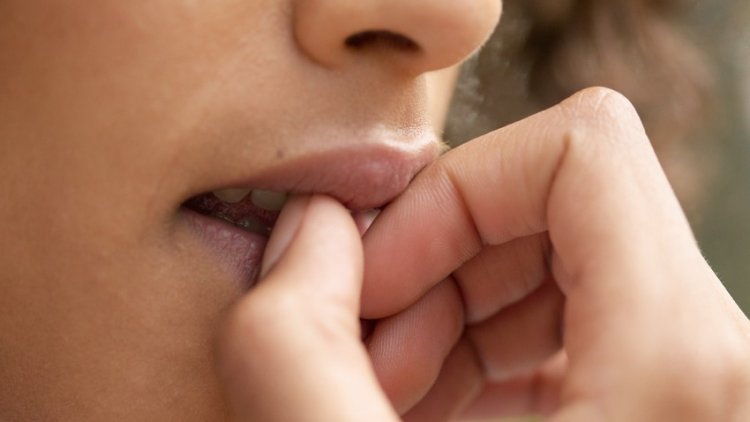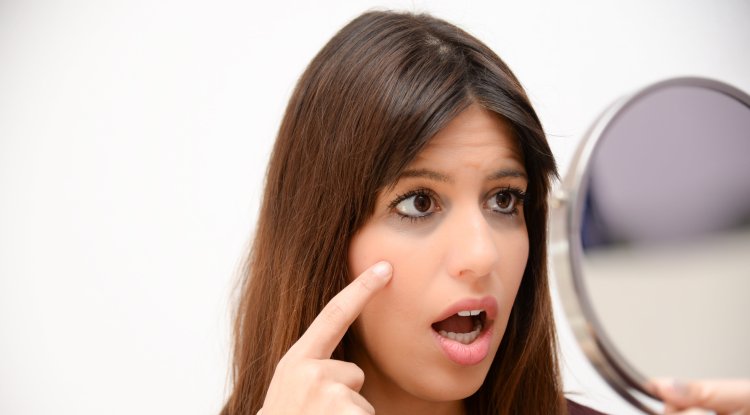How dangerous nail biting actually is for our health
Onychophagia, or nail biting, is a fairly common habit, affecting about 20 to 30 percent of the population. Although it can seem completely harmless, it can cause the penetration of bacteria or fungi into the body and bloodstream, increasing the chances of infection or cold.

Biting your nails can seem like an occasional nasty habit, but it can also have long-term consequences because there can be a lot of bacteria under the nails, such as Escherichia coli, writes the City Magazine website.
The most common pathogens lurking under our nails are Staphylococcus, Strep, and Coryneform bacteria, which can enter the body through pores in our skin or through ingestion after biting our nails.
Biting your nails can lead to a cold or flu
More than 200 viruses hover in the air at every moment. Although the risk factors for getting one of them include a weakened immune system and contact with another infected person, you can still significantly reduce the chances of getting the virus by keeping your hands away from your mouth.
Viruses that cause the flu also stay on your skin, so you should wash your hands often with soap and water (or apply an alcohol-based hand sanitizer).
View this post on Instagram
Biting your nails also damages your teeth
Biting your nails can also damage your teeth and gums. The Academy of General Dentistry has discovered that biting nails can lead to cracking and wearing off the teeth, as well as inflammation of the gums and damage to the gum tissue.
Your fingers are also susceptible to infections
Of course, biting your nails can transfer bacteria from your hands to your mouth, but if you bite your nails to the point where they join your fingers and cracks appear, serious problems can occur.
By: Helen B.




























